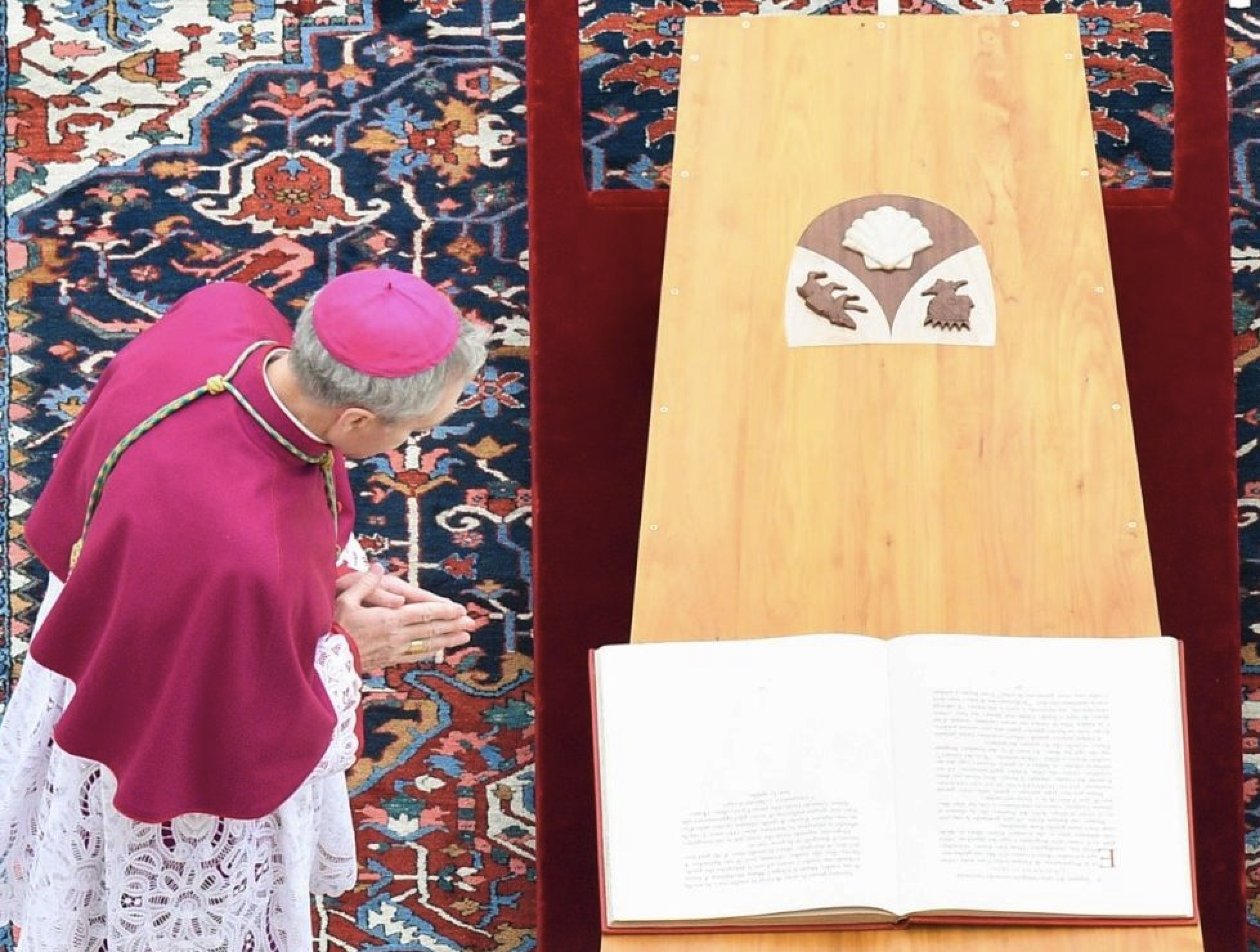Hollywood worships big movie franchises, so fans can expect "Barbie" sequels.
One plot proposal quickly emerged from an unlikely source -- Sister Mary Joseph Calore of the Society Devoted to the Sacred Heart of Jesus in St. Cresson, Pennsylvania.
"'Barbie becomes a nun' would be a great sequel," she wrote, on the X platform. Her post contained this pitch to Warner Bros. executives: "Dissatisfied by endless parties and user friends, an eating disorder, spending addictions with clothes and shoes, and cohabitating with the shallow & unemployed playboy Ken, Barbie's sportscar has been parked more and more at an adoration chapel. She is seriously giving thought to draining the pool, putting her condo on the market, cutting her hair and donning the religious habit."
That would be a twist, after a cinematic manifesto arguing that life as a real woman is painful and complicated, but it's better than being an iconic plastic doll.
"This movie should have been silly and fun, but it ended up being preachy and earnest," said Barbara Nicolosi Harrington, a former Catholic nun who became a screenwriter and Hollywood script doctor. "I mean, how far can you go with a story about Barbie?"
Writer-director Greta Gerwig's previous work has been impressive, stressed Harrington, who teaches at Regent University in Virginia Beach, Virginia. With "Little Women," Gerwig showed the ability to offer a fresh take on a familiar story. Now, "Barbie" will draw intense scrutiny, since she will direct at least one movie in the upcoming Netflix take on "The Chronicles of Narnia" novels by the Christian apologist C.S. Lewis.
"Barbie" contains ambitious attempts to mix serious, even if tongue in cheek, social commentary with pop-culture mythology -- such as a shot-for-shot homage to Stanley Kubrick's legendary dawn-of-consciousness scene in "2001: A Space Odyssey."
The big "Barbie" question, noted Other Feminisms writer Leah Libresco Sargeant, is stated in a soundtrack ballad -- "What Was I Made For?"





